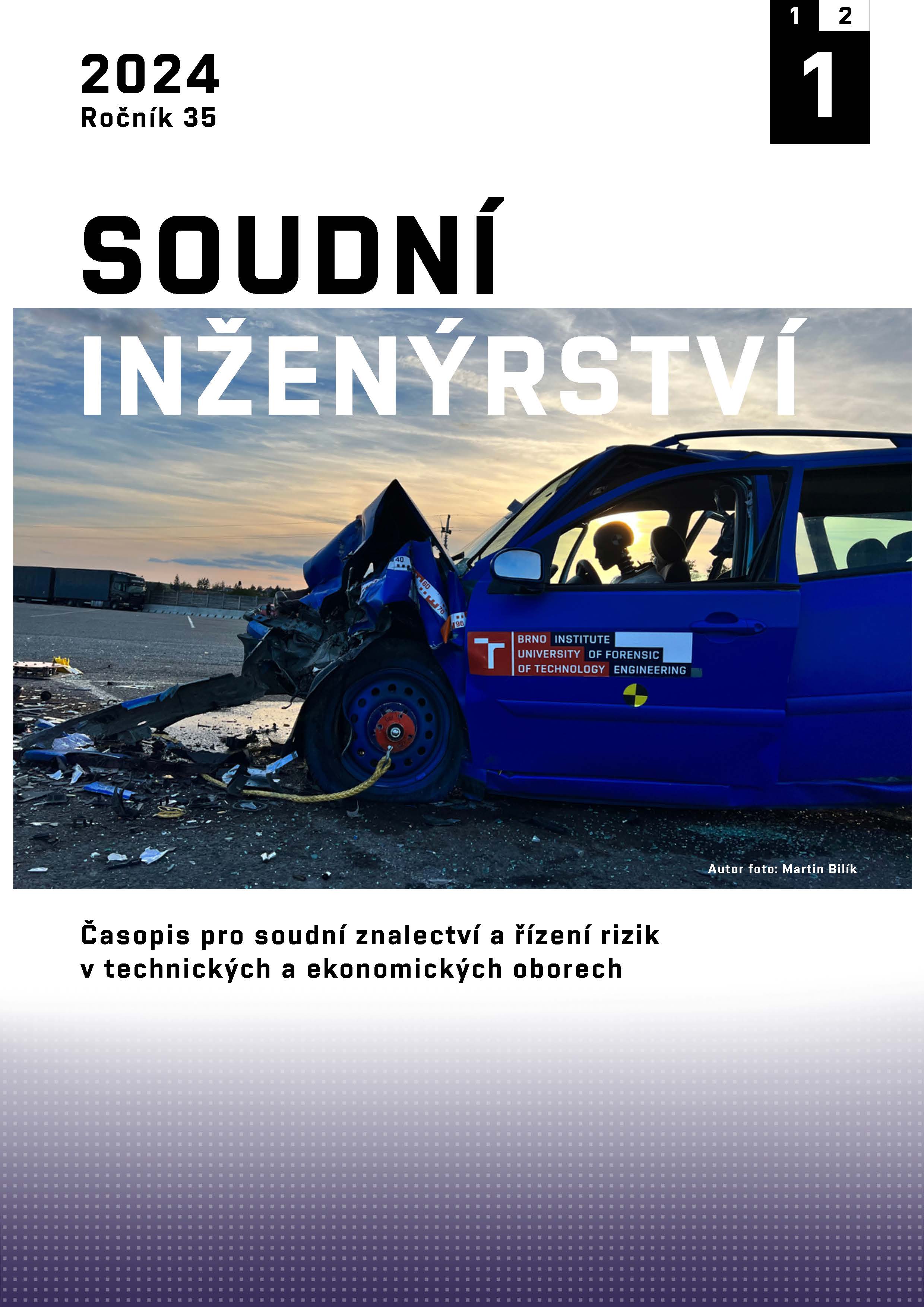Refusal to submit expert opinion
DOI:
https://doi.org/10.13164/SI.2024.1.3Keywords:
expert, expert opinion, refusal of an expert act, commission of the opinion, law on expertsAbstract
On 1 January 2021, the new Act No. 254/2019 Coll., on experts, expert offices and expert institutes (hereinafter referred to as "ZnalZ") entered into force, which replaced the earlier legislation of Act No. 36/1967 Coll., on experts and interpreters, as amended (hereinafter referred to as "ZnalZ1967"). The arrival of each new legal regulation is associated with a period of certain application uncertainty, when the rights and obligations of the participating entities are newly defined in application practice. And it is precisely the area of rejection of an expert's act that is extremely important, with regard to the completely different interests of those commissioning expert opinions and the experts themselves. The presented article should familiarize the reader with the new legal regulation of the refusal to submit an expert report, as it is newly defined by Section 19 of the ZnalZ. For better clarity, a comparison of the specific commented part with historical legislation is always indicated, or it is indicated that there is no historical analogy. The issue of "acceptance or non-acceptance" of reasons for refusing to submit an expert report is also addressed in detail, even in comparison with the Slovak legislation, which in many areas was a legislative model for the new Czech legislation.
The presented article uses and elaborates in more depth the author's conclusions stated in the commentary to § 19 in ŠEVČÍK, Petr, MALAST, Jan, POLÁČEK, Bohumil et al. The Act on experts, expert offices and expert institutes. Practical commentary. Prague: Wolters Kluwer CR, 2023.
Downloads
Published
License
Copyright (c) 2024 Petr Ševčík

This work is licensed under a Creative Commons Attribution 4.0 International License.


